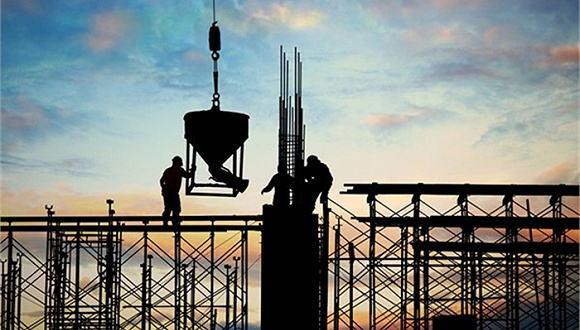Abstract: The GDP grew by 6.2%. Industrial production in the month of June alone, on the other hand, rose by 6.3% compared to the previous year, exceeding the expectations of a team of economists surveyed by the Reuters agency, which expected a +5.2% performance. The daily output of crude steel and aluminum reached record levels.
MILAN, Jul 15 (Class Editori) - China's economic growth slowed to 6.2% in the second quarter, to its lowest in the last 27 years, due to a weaker domestic and external demand. The figure is in line with the expectations of economists, and is considerably affected by the war of duties with the United States. In the first quarter, the country had grown instead of 6.4%.
Industrial production in the month of June alone, on the other hand, rose by 6.3% compared to the previous year, exceeding the expectations of a team of economists surveyed by the Reuters agency, which expected a +5.2% performance. The daily output of crude steel and aluminum reached record levels. Retail sales increased by 9.8%, the fastest pace since March 2018.
A result achieved thanks to boom (+17.2%) in car sales. However, some analysts have questioned the apparent recovery of both production and sales. Apparently, car dealers in China are offering big discounts to customers to reduce the large stocks that have piled up due to changing emissions standards. Car production has actually decreased by 15.2% for the eleventh month in a row, which suggests that car manufacturers will expect a sustained rebound in demand to come very soon.
Now analysts are estimating how much China could grow in the second half of the year if the duty war continues at this level. “Growth could slow down from 6,2% to 6,1% in the second half,” wrote Nie Wen, economist at Hwabao Trust. “This would test the lower interval of the 2019 Beijing target by 6-6.5%.”
“A further cut in the bank reserve requirement ratios (RRR) is still very likely, as the authorities want to support the real economy in the long term,” the expert added, predicting that the economy will continue to slow down before stabilizing towards mid-2020. La Cina ha già tagliato i coefficienti delle banche sei volte dall'inizio del 2018 per liberare più fondi per i prestiti. Analysts interviewed by Reuters now foresee two more interventions between this quarter and the next.
Meanwhile, real estate investments, an important growth engine for the second largest economy in the world, grew by 10.1% in June compared to the previous year, accelerating from the +9.5% attained in May, but below the growth rate recorded in April. In the meantime, Anheuser-Busch InBev, the global beer giant that also heads the brands Stella Artois, Corona and Budweiser, has decided to postpone the Ipo project to the Hong Kong stock exchange of the Asian division, Budweiser Brewing Company APAC.
Edward Moya, an OANDA strategist, points out that, although the Central Bank of the Asian country has already provided stimulus this year, the markets are waiting for extensive cuts to the compulsory reserve ratio of the banks and for additional measures that probably will be applied if the trade negotiations end badly. If the US and China make progress instead, investors expect the PBoC to provide new incentives in the wake of the Fed's expected interest rate cut later this month.
(Source:Class Editori)
Notice: No person, organization and/or company shall disseminate or broadcast the above article on Xinhua Silk Road website without prior permission by Xinhua Silk Road.




 A single purchase
A single purchase









